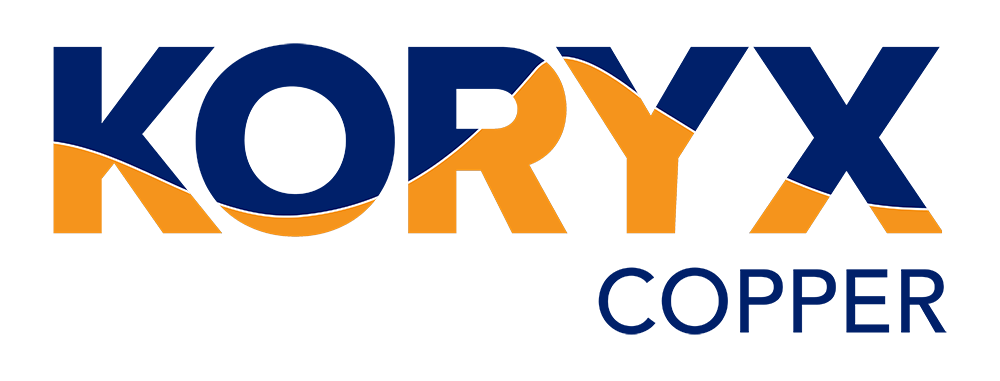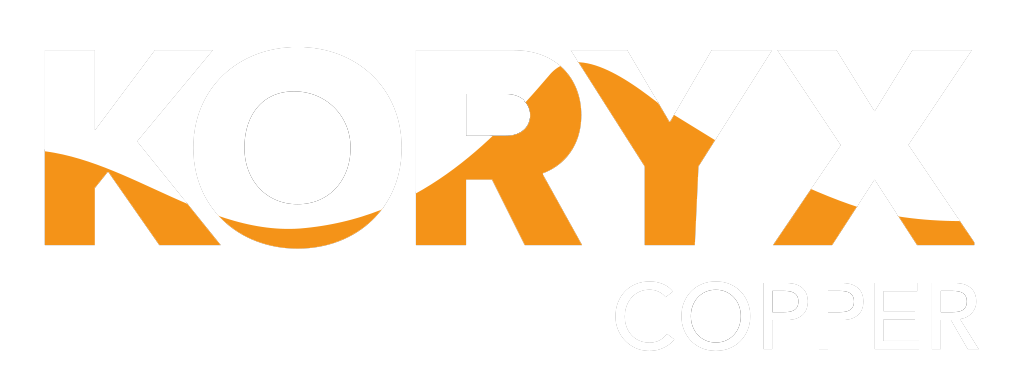Vancouver, B.C., Canada – July 29, 2019 – Deep-South Resources Inc. (“Deep- South” or “the Company“) (TSX-V: DSM) announces first results from the metallurgical test work on stockpile material from the Haib Copper Project in Namibia. The test work program is managed by METS Engineering of Australia and undertaken by Mintek in South Africa. The program is on schedule and a summary of the planned program is presented at the end of this press release.
Bio-assisted leach test work results summary:
Two tons of samples are the object of various tests. The samples have been collected from a stockpile extracted from an adit dug in the higher grade area of the main Haib deposit. The samples have not been weathered and are considered representative of the sulphide mineralized material at Haib.
The Haib head assay revealed 0.73% Copper, 3.7% sulfur with minor elements and the balance 28.4% Silica. There are no deleterious elements. The mineralogy of the milled Haib feed revealed over 98.5% Chalcopyrite, 1% Bornite, and less than 0.5% of Chalcocite, Covellite, Malachite and Chrysocolla.
The acid consumption was measured across a number of tests. The net average acid consumption was between 10.3 and 11.6 kg/tonne which is an excellent low benchmark number. Acid is usually a major cost with leaching. However, the Haib mineralized material contains pyrite which generates acid during leaching and contributes to the lower consumption.
High Pressure Grinding Roll (HPGR) optimisation tests demonstrated that the hard Haib mineralized material is amenable to HPGR. A 60 bar is deemed to be the ideal pressure as the particle size distribution was not reduced once the pressure exceeded this value.
Agitated tanks bacterial leaching of P80 75 micron thick grounded mineralized material achieved between 91% copper recovery in one tank and 86% in the other tank in 46 days. The results demonstrate that high recoveries of copper can be achieved on the Haib mineralized material with bio-assisted leaching. (see agitated bacterial leaching tanks figures below)

Assays of the residue will be taken at the end of the program and will serve to confirm the final recoveries rates.
Mr. John Akwenye, Chairman of Deep-South stated that: “In general, chalcopyrite is hard to leach. However, with the combination of HPGR optimization, agglomeration and the right bacteria mix to support the leaching, the results are highly promising”.
The mineralized material agglomerated without any issues. Heap leaching relies on the ability of the leaching solution to penetrate through the mound, around the mineralized material particles. When the mineralized material is not agglomerated, fine particles may vary in size and shape, reducing the ability of the solution to penetrate through the heap, as smaller fines clog the spaces between larger fines. Using an agglomeration drum to agglomerate the mineralized material fine particles will ensure crushed mineralized material particles are more uniform, making it easier for the leaching solution to travel through the channels between particles to help maximize recovery.
Six – 1 metre columns have been initiated at Mintek on -4.7mm, -3.35mm and
-2.36mm mineralized material and the copper leaching recovery is progressing ahead of plan. It is important to note that the expected leaching time period in columns will be longer than in agitated tanks.
Mineralized material sorting tests will be conducted in Perth, Australia next week to evaluate if the Haib mineralized material is amenable to beneficiation by mineralized material sorting.
Further results will be disclosed during the course of the test work scheduled to continue until December 2019.
Qualified Person
Damian E.G. Connelly, BSc (Applied Science), FAusIMM, CP (Met), Director of Mineral Engineering Technical Services is responsible for the technical part of this press release and is the designated Qualified Person under the terms of National Instrument 43-101.
Summary of the planned program:
The bulk head sample will be crushed down to -12.5 mm with a jaw crusher.
The jaw crusher product will then be sub-sampled, and crushed with an HPGR to -5 mm, -3.35 mm and -2 mm, respectively. Sub-samples from each crush size will be removed for curing acid optimization tests, assay-by-size (4 size classes), geo-mechanical tests and column leach tests. Additional head sample will be milled to 80% passing 75 μm for chemical head assay by ICP-OES, sequential Cu (acid-soluble, cyanide-soluble and residual copper). Acid consumption (iso-pH) tests and batch stirred tank amenability tests will be performed on the head sample. Mineralogy (XRD and SEM) will be performed on the -2 mm head sample. The column leaching test will be carried out at a temperature of 60 °C for a total duration of 200 days. However, interim results will be available on a regular basis.
About Mintek:
Mintek is South Africa’s national mineral research organisation established in 1934 to assist in ensuring sustainable growth in the minerals and metal industries through research, development & innovation (RDI). The organisation has grown over the years into an internationally competitive, respected research and development centre of metallurgical and mineral processing technologies. Mintek’s Biotechnology Division has been involved in the development of tank and heap bioleaching technologies for over 30 years. Mintek also specialises in hydrometallurgy, including leaching, precipitation, solvent extraction and electrowinning. You can visit Mintek at : https://www.mintek.co.za
About METS :
Established in 1988, Mineral Engineering Technical Services provides a range of services in the fields of Minerals Processing, Hydrometallurgy and Pyrometallurgy. METS is the engineering company that produced Deep-South’s Preliminary Economic Assessment (PEA) disclosed on February 26, 2018. You can visit METS at : https://www.metsengineering.com
About Deep-South Resources Inc.
Deep-South Resources Inc. is a mineral exploration company largely held by Namibian shareholders and Management with 25% and Teck Resources Ltd with 28% of Deep-South share capital. Deep-South currently holds 100% of the Haib Copper project in Namibia, one of the largest copper porphyry deposits in Africa. Deep-South’s growth strategy is to focus on the exploration and development of quality assets, in significant mineralized zones, close to infrastructure, in stable countries.
This press release contains certain “forward-looking statements,” as identified in Deep- South’s periodic filings with Canadian Securities Regulators that involve a number of risks and uncertainties. There can be no assurance that such statements will prove to be accurate and actual results and future events could differ materially from those anticipated in such statements.Neither the TSX Venture Exchange nor its Regulation Services Provider (as that term is defined in the policies of the TSX Venture Exchange) accepts responsibility for the adequacy or accuracy of this release.
More information is available by contacting Pierre Léveillé, President & CEO at
+1-819-340-0140 or at: info@koryxcopper.com or Paradox Public Relations at +1-514-341-0408.

